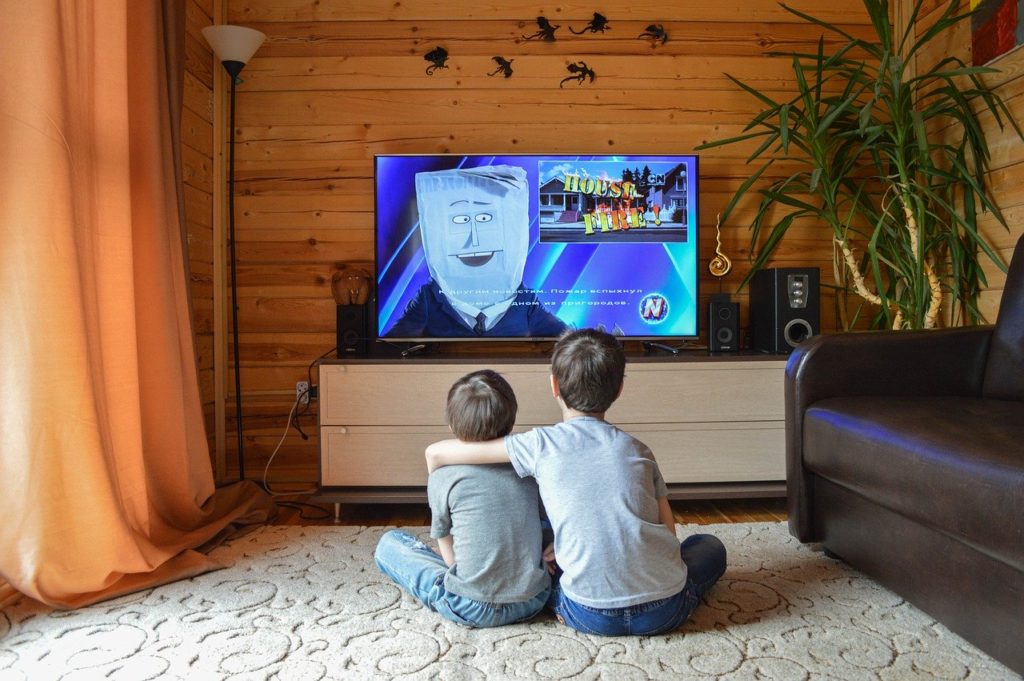
Television watching for children
My son Abhishek is 7 years old. He is extremely hyperactive. Due to this he has a lot of problems at school and in his studies. The psychiatrist suggested that one of the factors contributing to hyperactivity is excess of television viewing. He watches television for about 5-6 hours per day. Ours is a joint family and so the television is switched on for most of the day. Please advise.
The problem of television viewing in excess does contribute to the distractibility in children. Television dishes out a high level of stimuli that cannot be matched by other activities. Cable channels that show cartoons can maintain the attention of children because of the consistently high level of stimuli. Low key activities like studies, reading, board games cannot maintain the levels of television. Research says that excess television viewing contributes to attention deficit hyperactivity disorder in boys and eating disorders in girls. So the psychiatrist is right in advising that there should be a reduction in television viewing. One hour of television per day is probably appropriate. This would be a wholesome exposure for the child. Many parents believe that the television channels that Discovery, National Geographic, and so on are wholesome, however, what happens is that the child ends up watching serials not appropriate and needed for his age or excess of cartoon programs instead. The joint family is another factor as you cannot tell everyone to curtail the television watching. Everyone may be watching television for 45-60 minutes but the child ends up watching television with everyone and henceforth is watching for 4-5 hours instead.
What can you do?
You have to fight the problem on 2 levels. The first level is the understanding of the whole family. Everyone has to understand that the child’s problem has a contributing factor of excess television watching. It is not difficult if your rapport with the family is good. The first base to get past is their conviction in the effort you are making. So, get the data in the form of a report from the doctor, some literature either from books in the library or from the internet. A joint meeting of the doctor and the family would surely help them to be convinced. The whole family has to stop taking the television as the binding factor of the family. Family cohesiveness can come from care and concern for each other rather than individual convictions about television. Sometimes, the disturbing relationship between family members may be responsible for the family members going against professional advice and holding on to their attitudes and beliefs. If your family members are convinced, then everyone should be vigilant about Abhishek’s television watching. They should not allow him to watch television when they are viewing it. He should choose the programmes that he wants to watch and keeping in line with the one hour per day structure. He should not be present when others are watching. If he refuses to co-operate, for a temporary period, the family might consider giving up television watching. Gradually, Abhishek will adjust to this fact. The second role is that of alternate activities. All the family members should contribute to this. They can share the time that is spent with Abhishek. Your role would be to formulate a time-table for the activities – studies, sports, games and work in the house for Abhishek and enlist the help of other family members in carrying this out. It is obvious that you cannot handle everything on your own. You might have to contribute a lot to the household chores and hence others should help you in this problem. One of the common problems is that in these days, people often find themselves in residential areas where children of the same age are not present. So, lack of other playmates leads to the child watching television. You can overcome this problem by sending him to the many sports academies that have opened up in the city. The last level is your own rapport with your child. Sometimes, if you are caught up in the domestic chores of life, or find that your life is very dull and interesting, you may not be vigilant to the needs of the child. This can contribute to the child seeking stimulation in the television in the absence of your interest in him. So, spend time with him and build a rapport so that he starts listening to you rather than the television.



